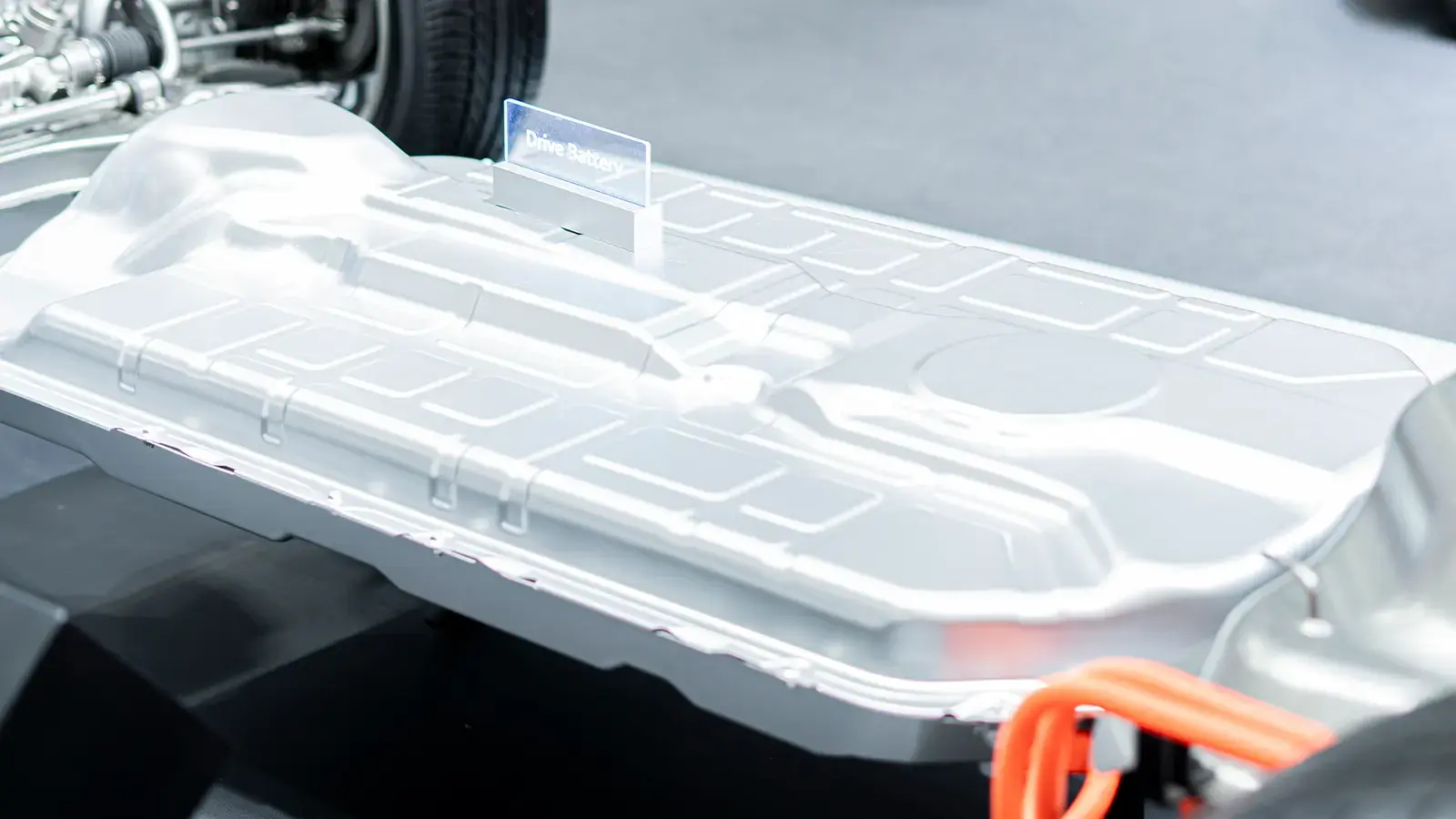Total Cost of Ownership Explained
Electric vehicles (EVs) often carry a higher sticker price than traditional gas-powered cars. But does that make them more expensive to own overall? Not necessarily. In fact, when you factor in fuel savings, maintenance, incentives, and long-term reliability, EVs can offer a strong financial advantage. Here’s how to break down the true cost of owning an EV.
What Is Total Cost of Ownership?
The total cost of ownership (TCO) refers to everything you pay to drive a vehicle over time, not just the price tag. TCO includes:
- Purchase price or lease cost
- Fuel or charging expenses
- Maintenance and repairs
- Insurance
- Taxes and fees
- Depreciation
Comparing gas and electric vehicles using TCO gives you a much more realistic view of the value you’ll get over the life of the vehicle.
Purchase Price vs. Incentives
Most EVs still cost more upfront than their gas-powered counterparts, largely due to the cost of batteries. However, state incentives can reduce the purchase price:
- State, local, and utility rebates or discounts
- Direct dealer rebates for leased EVs
These incentives vary depending on where you live and how you buy the car. Many EVs are also exempt from certain fees and may qualify for reduced registration costs.
💡 Tip: Use the GreenCars EV Incentives Tool to explore what savings apply in your area.
Fueling: Electricity vs. Gasoline
This is where EVs shine. Electricity is much cheaper per mile than gasoline. The average EV costs the equivalent of $1.25 per “e-gallon”, compared to $3 to $5 per gallon for gas.
Depending on your driving habits, you could save hundreds to thousands of dollars per year on fuel alone.
Example:
- Driving 1,000 miles a month
- EV charging cost: ~$30–$50/month
- Gasoline vehicle: ~$120–$200/month
- Annual savings: $1,000+
Off-peak charging rates and home solar power can drive those costs even lower.
Maintenance and Repairs
EVs have fewer moving parts than gas cars. EVs have no engine oil, spark plugs, or transmission fluid to deal with. That means:
- Lower routine maintenance costs
- Less frequent servicing
- No smog checks in many states
Brakes also last longer thanks to regenerative braking. While battery replacement can be expensive, most EV batteries are designed to last 10–15 years and are covered under long-term warranties.
Insurance Costs
EV insurance rates can be slightly higher than those for gasoline cars, especially for luxury or newer models. This is due to:
- Higher repair costs for specialized parts
- Limited availability of EV-certified repair centers
- Higher vehicle value
However, many insurers now offer discounts for low-emission vehicles, and rates are starting to normalize as EV adoption increases.
Depreciation and Resale Value
EV depreciation has historically been higher than that of gas cars, but this is changing. Newer EVs from established brands, longer battery warranties, and higher demand for used EVs are improving resale values.
Resale is strongest for:
- EVs with long ranges
- Brands with strong reliability reputations
- Vehicles with transferable incentives or warranties
Used EVs also benefit from increasing demand and resale value.

Cost Comparison Example
To understand how EVs and gas-powered cars compare financially, let’s look at a typical five-year ownership period.
Purchase Price
An electric vehicle might cost around $40,000 before any incentives. In contrast, a comparable gas car averages closer to $35,000. However, many EV buyers qualify for tax credits and rebates. If you factor in a $7,500 incentive, the effective cost of the EV drops to $32,500 - making it cheaper than the gas car from the start in some cases.
Fuel and Charging
Over five years, you might spend about $2,500 on electricity to charge your EV, especially if you mostly charge at home or take advantage of off-peak rates. A gas-powered car, on the other hand, could easily cost $8,000 in fuel over the same period, depending on fuel prices and efficiency.
Maintenance and Repairs
EVs tend to cost less to maintain. With fewer moving parts and no oil changes, you might only spend around $2,000 on maintenance and repairs over five years. In comparison, a gas car could cost closer to $4,500, largely due to regular engine servicing and component wear.
Total Cost Over Five Years
When you add everything up:
- The EV costs approximately $37,000 over five years (after factoring in incentives, fuel, and maintenance).
- The gas car totals around $47,500 over the same period.
Despite the EV’s higher upfront price, lower fuel and maintenance costs help it come out ahead by around $10,000 in total ownership savings.
Final Thoughts
EVs are an investment in the future and also a practical financial decision for many drivers. When you look beyond the sticker price, the total cost of ownership is often lower than that of gas-powered vehicles.
Drive Deeper into the Details
Learn the basics of electric car batteries, care, and longevity:
← Go Back: What to Expect When You Own a Green Vehicle
Discover Next: Electric Car Battery Basics: Care and Longevity →












